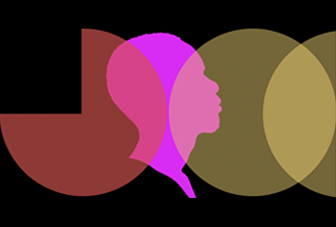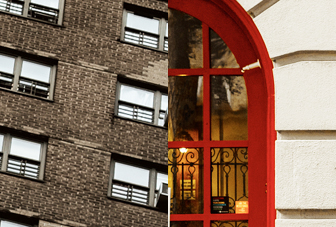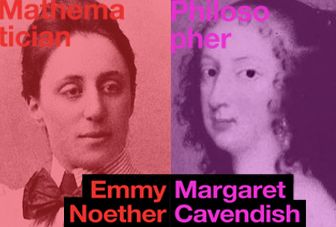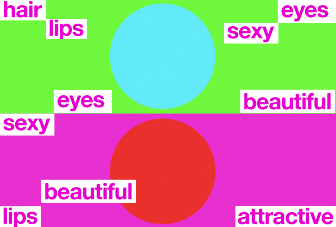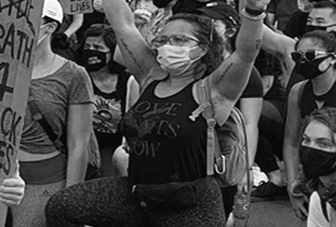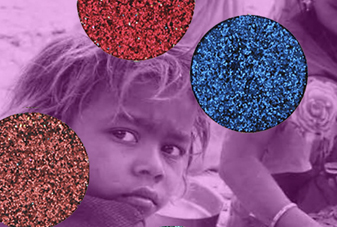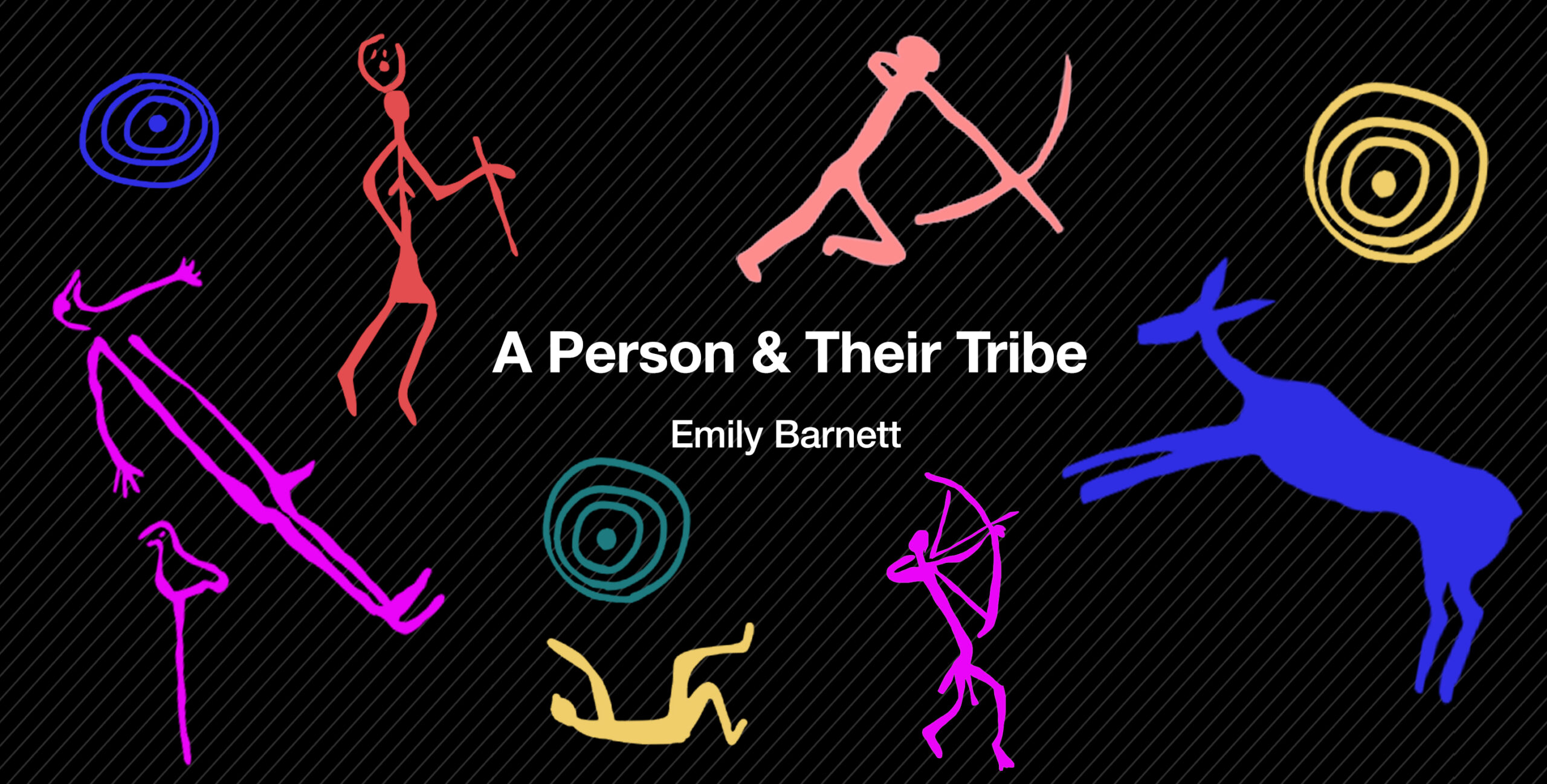
It was a winter New York night. I was at a friend’s house, surrounded by a group of kids all around my age. My friend’s room, large for New York, could comfortably squeeze all seven or eight of us in. A single window looked out to the apartment building next door; although wide open, the cold air coming in could not match the overwhelming heat arising from the radiator.
There was a boy, I had seen him a few times before. His presence shadowed my own a bit, I was nervous when he talked to me or looked my way, not because I was attracted to him, but because in the status system of high school teens he was higher up on the social ladder than I was. The crude and rigid New York hierarchy, filled with drugged up and worn out 16-year-olds, had placed him almost above everyone else. In other words: he was popular, and I was not.
It was later in the night when he turned his attention to me. He grabbed a pencil that was laying in my friend’s room and began to draw stick figures of everyone sitting down. I watched him as he went through the room, writing a name tag for each poorly drawn and quickly jotted doodle: Jessica,Tom, Eliza... When he reached me, his doodle appeared a bit different. Instead of drawing out my freckles or my curly hair, he had replaced my face with a symbol of the swastika. On the side of the sordid picture, he simply wrote out the word Jew. For a moment, I felt shocked. But soon, I was able to register that the room saw this doodle as nothing but a joke, and I began to forcibly laugh too. Instead of expressing my discomfort, I swallowed my pride and allowed my voice to be buried within the artificial Park Slope social classes.
There is an ongoing misunderstanding within humanity, a lack of connection, an inability to look beyond one's self-assigned labels. An obsession people have that makes them organize the world into categories of nationality, gender, sexuality, and a seed from which grows violence and hatred. It is the unexplained tribal rivalry, the desire to exterminate the “other,” the need to constantly prove that one’s labels show one’s superiority. This is no revolutionary concept, in fact, it is one that most people are very much aware of. Although people can recognize that the flaw in humanity comes from our inherent, and seemingly fixed, nature of classification, few take the job of closing these doorways to enmity upon themselves.
High school social classes are indeed a symptom of this misunderstanding, however, once compared to the rest of the world's inequities, it is not the most pressing issue. But its existence in the first place proves a crucial and undeniable fact: it is human nature to organize, to force everyone to fit. That is not only what drives high school popularity, but also religion and politics. Each are full of doctrines that tell each person where they go, which group they belong to, their role in society, and who they must hate and love. Throughout all civilizations in our history as a planet, there is this defining characteristic: wherever there are tribes there are wars, wherever there is religion there are crusades, and an endless stream of violence comes out of the most innate human belief. This is the paradox of our world: one must be individual but simultaneously fit neatly into a group, one must preach justice while also appealing to the hierarchy that denies equities, and, ultimately, we must deny our most instinctive behavior to become reconnected with our humanity.
I have asked myself why we as humans are so incredibly tribal. I once read somewhere that we can trust one another more when we can relate on a single belief, religious or political. This trust supposedly allows us to function in society in a better, more systematized way. Possibly this is why we must constantly and obsessively throw labels that give definition to abstract parts of life. In the younger generations one can see this as a principal part of common belief. Sub-labels of sub-labels give us, for whatever reason, comfort.
Common humanity is a concept which I have reflected on for the past few months, and I have come to a distinct end: common humanity is not sympathy nor is it empathy for other people, rather, it is the belief that one is more than equal to every person. In simple terms, I must recognize that my presence as a human is evidence that I can be as holy as Mother Teresa or as wicked as the Nazis. It is the ability to view oneself as both the perpetrator and victim of all of humanity’s crimes, to believe in both the individual and the community. Only in this realization is one able to be freed from the labels that we naturally adapt to.
I do not deny that there are clear differences that set my own life apart from others around the world, whether they be economic or social. I do, however, acknowledge the fact that there is no difference that prevents me from being able to see, to some extent, another person’s life. It is not the sufferers of the world that I am worried I will separate myself from, but instead the culprit. I stated before that one must be able to see themselves as both the world’s victims and perpetrator, this is the most challenging aspect in the attempt to gain a sense of common humanity. The overwhelming desire people have to be moral, at least for myself, tends to overpower their ability to understand the evil in the world. A need to remain solely on the right side of history tends to, in turn, prevent harmony.
This is seen primarily in the syntax used to describe people such as Stalin, Hitler, among others. Terms such as “inhuman,” “less than human,” “a monster,” builds a wall for people, allowing them to set themselves apart from the wrongdoers of the world; if they are not human, then you cannot possibly become them. This ideology is one that almost always forces people to turn a blind eye to the pain they cause. It is far too easy to cast aside Stalin or Hitler and far too difficult to have a sense of common humanity between yourself and them.
If one does not have a difficult time relating to Hitler then that is most likely reflective of some aspect of their own flaws; but regardless, the dark and dreadful truth is that both Hitler, Stalin,and all other people we wish to separate ourselves from, are just as human as we are. To force oneself to relate on a level of common humanity to them helps us to understand our own natural prejudices and prevents us from falling down the rabbit hole of tribalism, war, and hatred.
Other Pages

Interview with Dr. Alexandre SkibaProject type
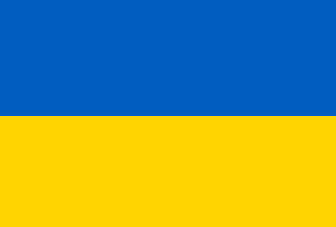
The Return Of The HistoryProject type

A Dead DreamerProject type
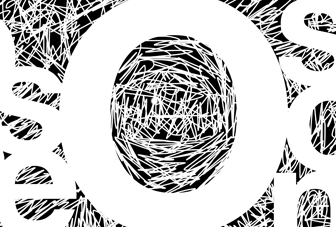
NothingProject type
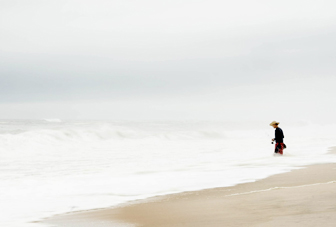
ObsessionProject type

A Person & Their TribeProject type
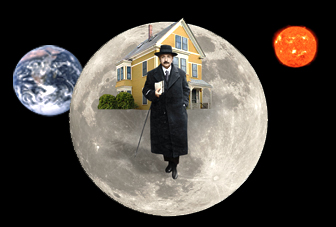
Education From a DistanceProject type

Coffee, Twitter, and RevolutionProject type
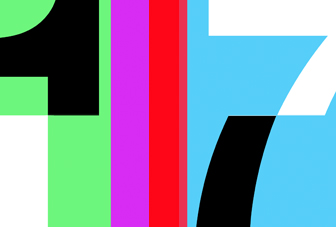
When I Turned SeventeenProject type
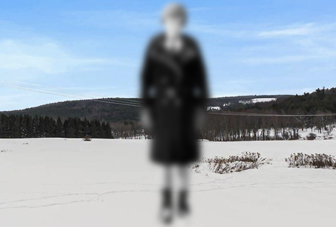
A Winter of IsolationProject type
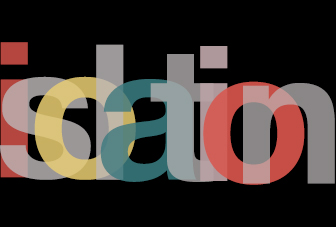
SpeechProject type

Desolation's PerseveranceProject type

CoraProject type
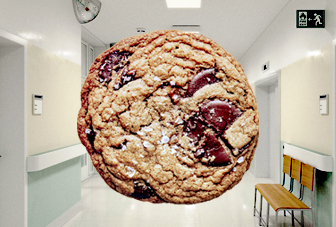
Hospital CookiesProject type
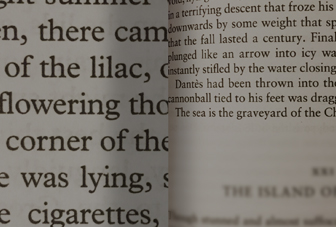
A Fragmentation of WordsProject type
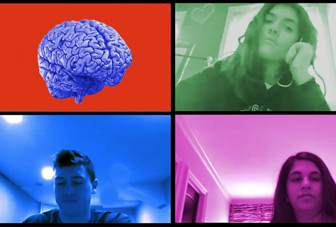
The Stress of Remote LearningProject type

Sweet SixteenProject type

WordsProject type

A Christmas CarrollProject type
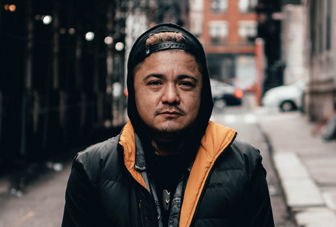
New York City 2020Project type

Qualified Immunity: Broken DownProject type
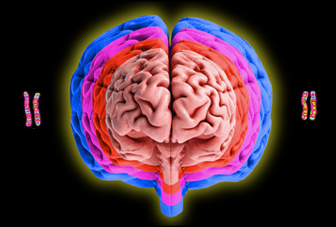
What Science Tells Us About Gender?Project type

Beyond The Bathroom StallsProject type
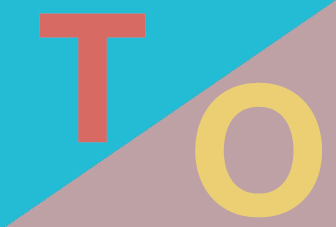
1 am thoughts on Trutharticle
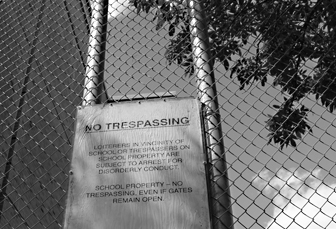
Brooklyn, NY During COVID-19Photo Gallery

AboutAbout Page
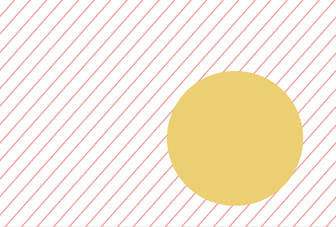
Submission InformationProject type
